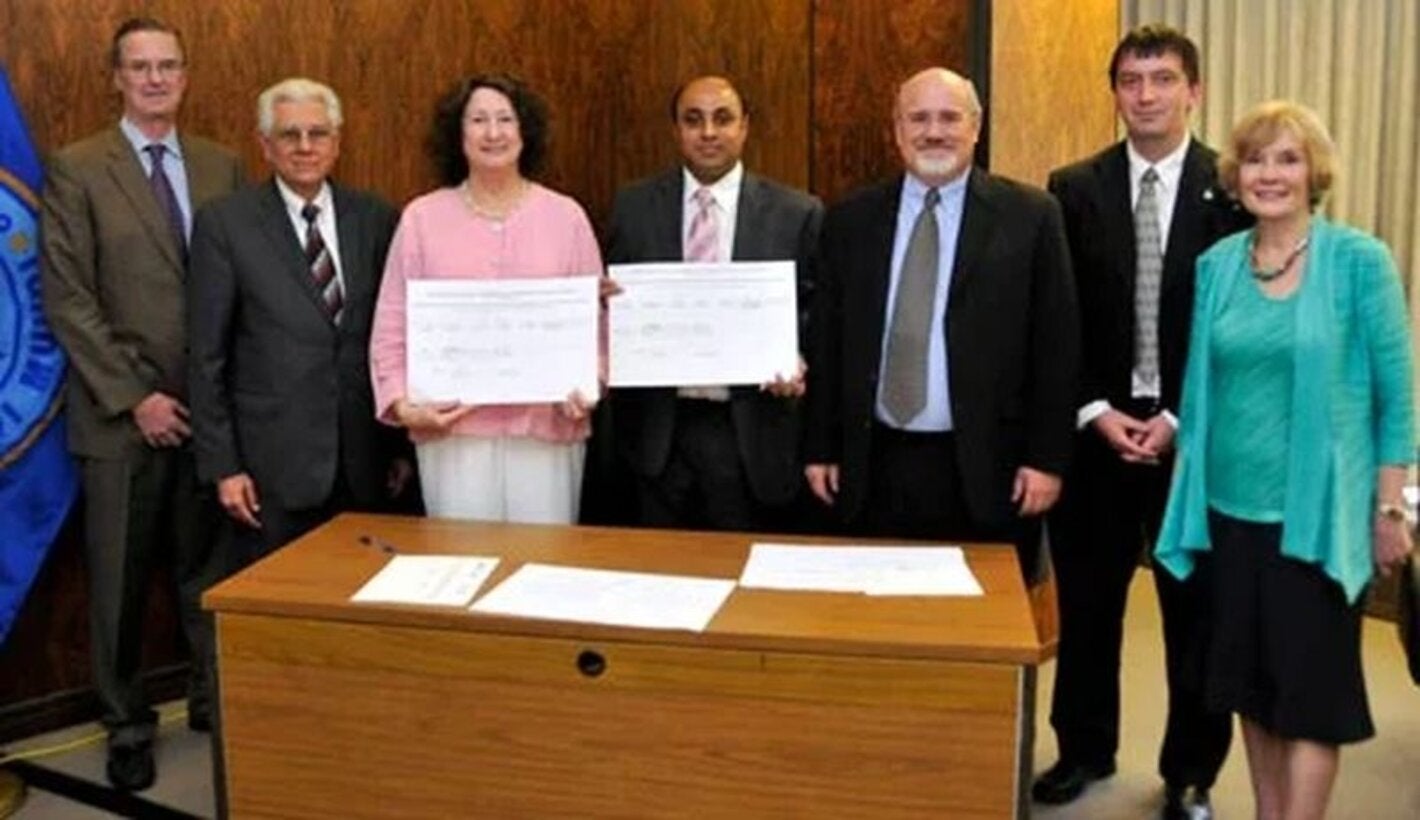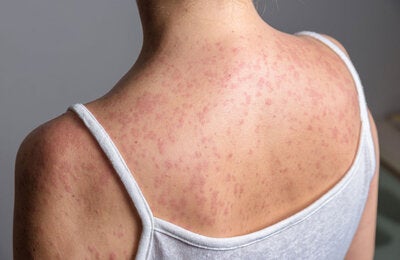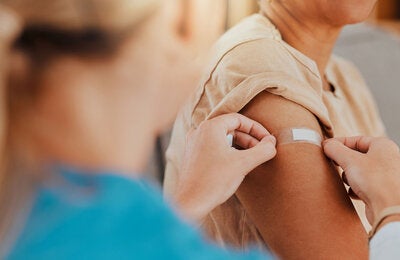
Alliance of 20 organizations is mobilizing resources to support government efforts to eliminate cholera by 2022
Washington, D.C., 28 June 2013 (PAHO/WHO) — The United States Agency for International Development (USAID) and World Vision today became the newest members of the Regional Coalition on Water and Sanitation to Eliminate Cholera in Hispaniola, an alliance of more than 20 agencies and associations that are supporting efforts by the governments of Haiti and the Dominican Republic to eliminate the transmission of cholera.
Representatives of USAID and World Vision signed a declaration at the Pan American Health Organization/World Health Organization (PAHO/WHO) pledging to work with other coalition members to achieve "water and sanitation for all" in Haiti and the Dominican Republic and calling on other members of the international community to increase funding for these efforts.
"USAID is proud to join this coalition and will continue our efforts to end cholera in Hispaniola," said Beth Hogan, USAID's acting assistant administrator for Latin America and the Caribbean. "We provide access to health care to approximately half of the Haitian population and will continue critical services such as prevention and treatment of diarrheal diseases, including cholera, and education on hygiene issues as part of this effort."
"World Vision sees access to clean drinking water, hygienic living and sanitary conditions as a basic human right that all people should enjoy," said Dennis Cherian, senior director of health and HIV/AIDS at World Vision. "Today, by entering into this partnership, we are joining like-minded organizations to leverage resources, experiences and skills needed to strengthen water and sanitation facilities and public health systems in Haiti and the Dominican Republic."
Since the cholera epidemic began in October 2010, more than 650,000 people have fallen ill in Haiti, and more than 8,000 have lost their lives. In the Dominican Republic, more than 29,000 have fallen ill, and more than 430 have died.
"One important approach to preventing cholera and eventually eliminating its transmission is through major improvements in water, sanitation and hygiene infrastructure," said Jon Andrus, PAHO deputy director. "This coalition is committed to supporting Haiti and the Dominican Republic as they work toward these goals."
In January 2012, the governments of Haiti and the Dominican Republic—with support from PAHO/WHO, UNICEF and the U.S. Centers for Disease Control and Prevention (CDC)—issued a "call to action" for the international community to help bring Haiti up to regional levels of water and sanitation coverage as the best way to halt the epidemic.
Currently, only 69% of Haitians have access to improved drinking water, and only 32% have access to improved sanitation. In contrast, in Latin America and the Caribbean as a whole, 94% have access to improved drinking water, and 82% have access to improved sanitation (WHO/UNICEF, 2011).
Following the "call to action," both Haiti and the Dominican Republic developed and presented national action plans that outline investments and actions needed to halt transmission of cholera by 2022.
Haiti's plan seeks to bring access to drinking water up to at least 85% and access to improved sanitation to at least 90% by 2022. The Dominican Republic's plan seeks to improve drinking water quality and increase access to sanitation services for the estimated 500,000 people (9.6% of the population) currently without such services.
The Regional Coalition has mobilized more than $29 million in new funds for the plans' implementation, however, much more will be needed. Haiti's plan projects $2.2 billion in costs over the next 10 years, including $443.7 million over the next two years, while the Dominican Republic's plan calls for a total $77 million in investments, including $33 million over the next two years.
"We in the Regional Coalition urge members of the international community to step up to the plate with the full funding these plans require," said Andrus.
The members of the Regional Coalition are:
- Association of Haitian Physicians Abroad (AMHE)
- Caribbean Community (CARICOM)
- Caribbean Water and Wastewater Association (CWWA)
- Catholic Relief Services (CRS)
- Centers for Disease Control and Prevention (CDC), United States
- Haitian Diaspora Federation (HDF)
- Inter-American Association of Sanitary and Environmental Engineering (AIDIS)
- Inter-American Development Bank (IDB)
- International Federation of Red Cross and Red Crescent Societies (IFRC)
- Millennium Water Alliance
- National Organization for the Advancement of Haitians (NOAH)
- National Health Foundation (FUNASA), Brazil
- Pan American Health Organization/World Health Organization (PAHO/WHO)*
- Partners in Health
- Spanish Agency for International Development Cooperation (AECID)
- UNICEF
- USAID
- Veolia Foundation
- WASH Advocates
- World Bank
- World Vision
About PAHO
PAHO is the oldest international public health organization in the world. It works with all the countries of the hemisphere to improve the health and quality of life of the people of the Americas. It serves as the Regional Office for the Americas of the World Health Organization and is the specialized health agency of the Inter-American system.
About USAID
The American people, through the U.S. Agency for International Development, have provided economic and humanitarian assistance worldwide for over 50 years.
About World Vision
Working in almost 100 countries, World Vision is a Christian humanitarian organization dedicated to working with children, families, and their communities worldwide to reach their full potential by tackling the causes of poverty and injustice. World Vision serves all people, regardless of religion, race, ethnicity, or gender.



